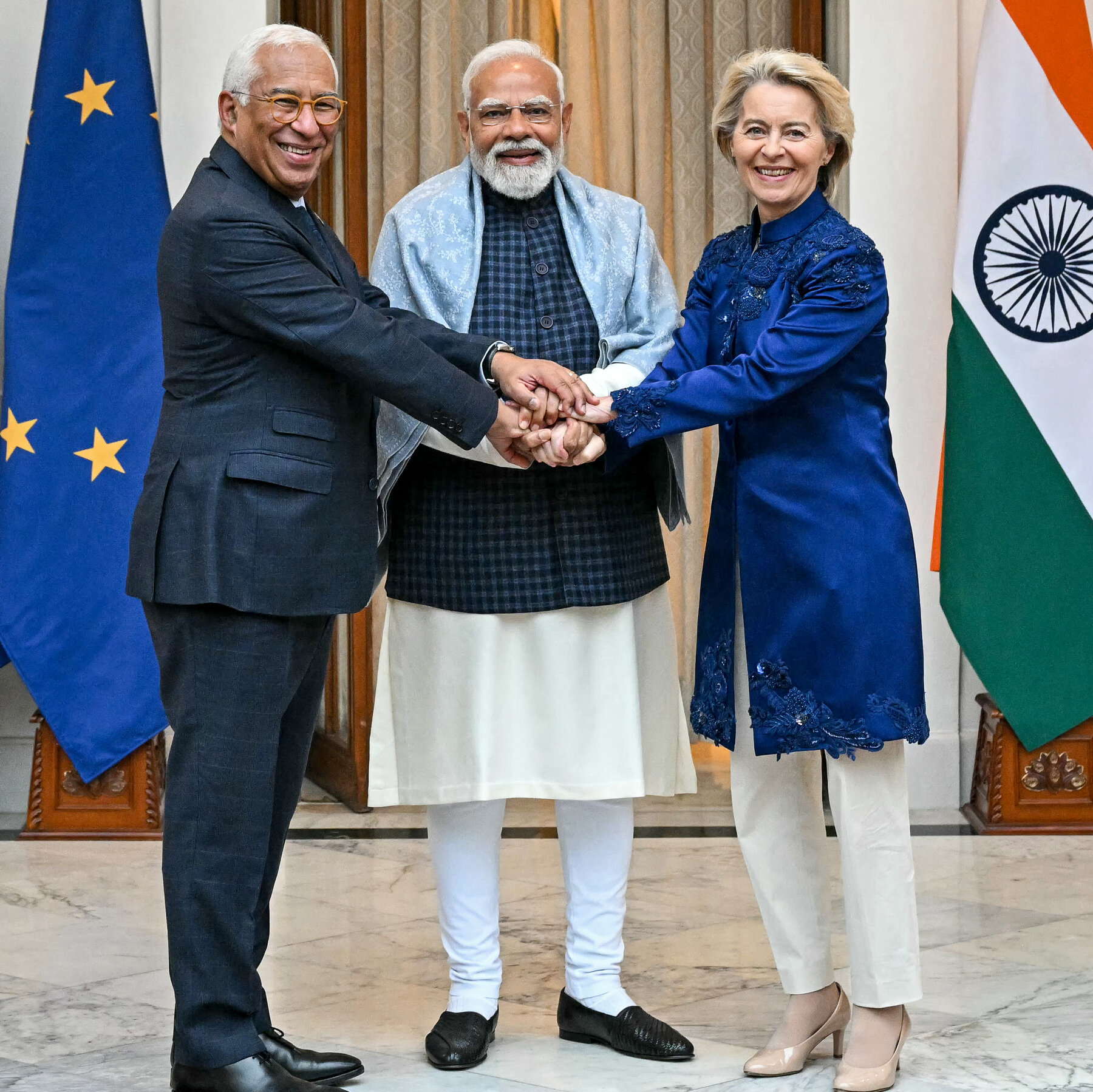
The future of Prime Minister Benjamin Netanyahu’s government was thrown into doubt when an ultra-Orthodox party in Israel announced it was pulling out of the ruling coalition on Monday night. If more parties quit, they could weaken Mr. Netanyahu’s grip on power and bring Israel a step closer to its first elections since the war in Gaza began in October 2023.
At issue was a longstanding debate in the country over whether ultra-Orthodox religious students, who have long received exemptions from military service, can be conscripted. They argue that serving threatens their way of life, but many other Jewish Israelis resent what they regard as special treatment.
The issue has become more fraught during the Gaza war. Hundreds of Israeli soldiers have been killed in the conflict, prompting accusations that the ultra-Orthodox community is sitting by while others die for them in battle.
The coalition fight is unlikely to topple Mr. Netanyahu's government immediately, analysts say. But it will inject further instability into Israeli politics as the leaders of different parties clash over a cease-fire to end the war in Gaza and as fighting continues in Lebanon and Syria.
Here’s what we know about the political crisis.
How did Israel reach this point?
Most Jewish Israelis are conscripted into the military after high school, but ultra-Orthodox men are often exempted so they can study holy texts. The policy has prompted an emotional debate over whether they should have to enlist.
Many in Israel’s ultra-Orthodox community — known in Hebrew as Haredim, or those who fear God — view full-time religious study as a supreme value. They argue that their scholarship has ensured the survival of the Jewish people for centuries.
But many experts and ordinary Israelis say this is no longer sustainable. The Haredim were a tiny minority, but they now account for about 14 percent of the population and are the fastest-growing community in the country. As the war in Gaza has extended to nearly two years, many Israelis, who have done hundreds of days of military duty, are feeling the strain and resent the exemption.
In June last year, Israel’s Supreme Court ordered the government to begin drafting ultra-Orthodox Jewish religious students. The justices said the patchwork of temporary laws and extensions that enabled the exemption had expired, leaving it without a legal basis.

That left Mr. Netanyahu with a difficult task: He could either mollify his ultra-Orthodox allies by working with Parliament to pass a new exemption for their military-age men, infuriating many other Israelis in wartime; or he could rebuff his coalition partners and risk watching his government collapse.
Mr. Netanyahu has vowed to push for “a balanced, responsible and well-thought-out draft law.” A bill being debated in Parliament stipulates quotas for gradually integrating the ultra-Orthodox into the army while potentially reducing public funding for individuals and religious schools that fail to comply.
Mr. Netanyahu’s advisers and Haredi leaders have continued to hammer out the details, which are still in flux.
What happened on Monday night?
Late Monday, after a day of negotiations in Israel’s Parliament, the United Torah Judaism alliance said its lawmakers would resign from Mr. Netanyahu’s coalition. They cited frustration with Mr. Netanyahu proposals on the military draft, which they saw as too harsh.
If they make good on their threats, they would reduce Mr. Netanyahu’s parliamentary majority to just one seat. But there is still time for the two sides to bargain. Mr. Netanyahu, who has survived many political crises, could come up a new compromise to win over his coalition partners.
United Torah Judaism is composed of two factions, Degel HaTorah and Agudat Israel.
Members of the Degel HaTorah party, which has four seats in Parliament, formally submitted their resignations from ministerial posts on Monday night, but these will not take effect for another two days.
Agudat Israel had also decided to leave the coalition, a party spokesman said. But he declined to say whether its members had actually resigned yet.
Could Netanyahu’s government fall?
If another party were to quit the coalition, the prime minister would be left with a minority government, making it difficult to pass legislation in Israel’s sharply divided Parliament. But the government would most likely remain in place, unless lawmakers passed a law to disband it.
With Parliament set for summer recess from July 27 until October, such a vote appears increasingly unlikely, political analysts say.
Heading to elections would also be risky for the ultra-Orthodox parties: Mr. Netanyahu’s opponents tend to be far more aggressive on conscripting the religious students than he has been.
Still, the ultra-Orthodox parties would probably use their resignations to press Mr. Netanyahu to corral his allies to make an exemption the law, said Israel Cohen, a commentator on Kol Barama, an ultra-Orthodox radio station.
“The ultra-Orthodox are trying to strike the balance: They want to force Netanyahu to come up with a law,” Mr. Cohen said in a phone interview. “But they don’t want to throw the baby out with the bath water. They don’t want to lose right-wing rule.”








-3.png)



